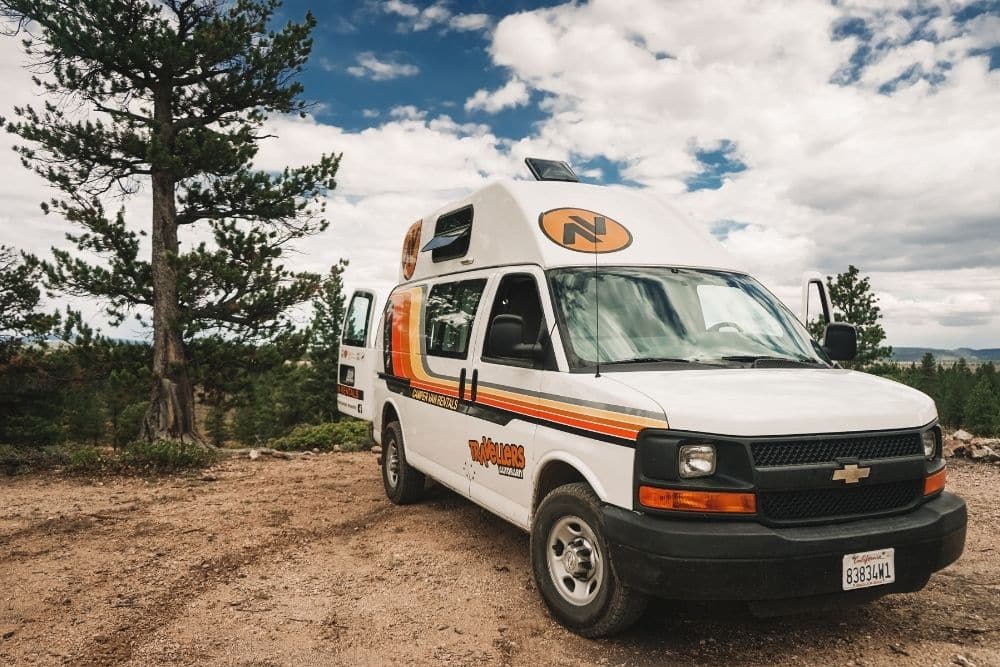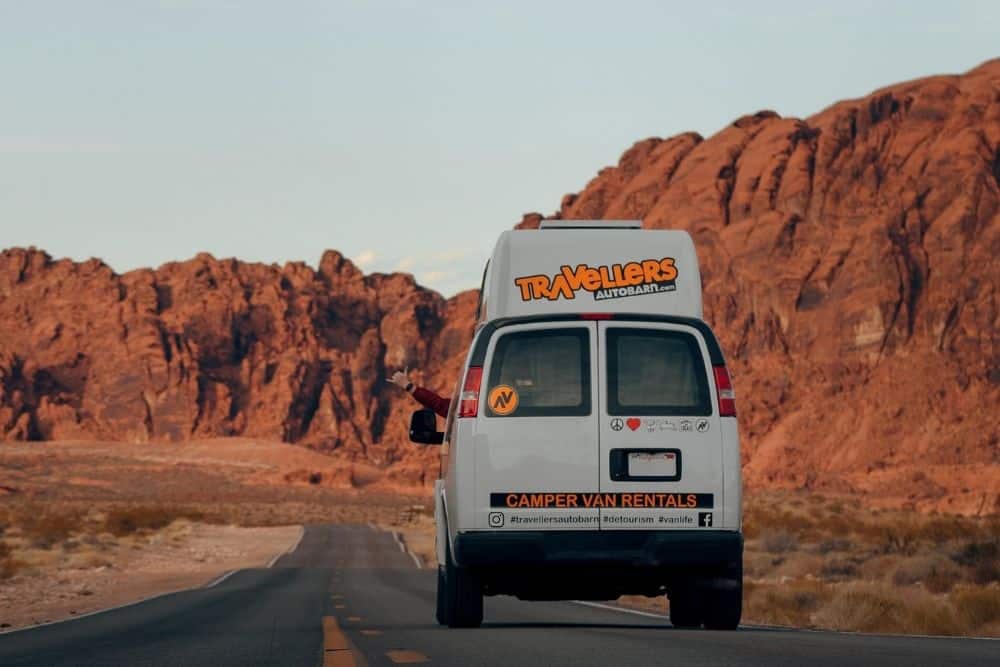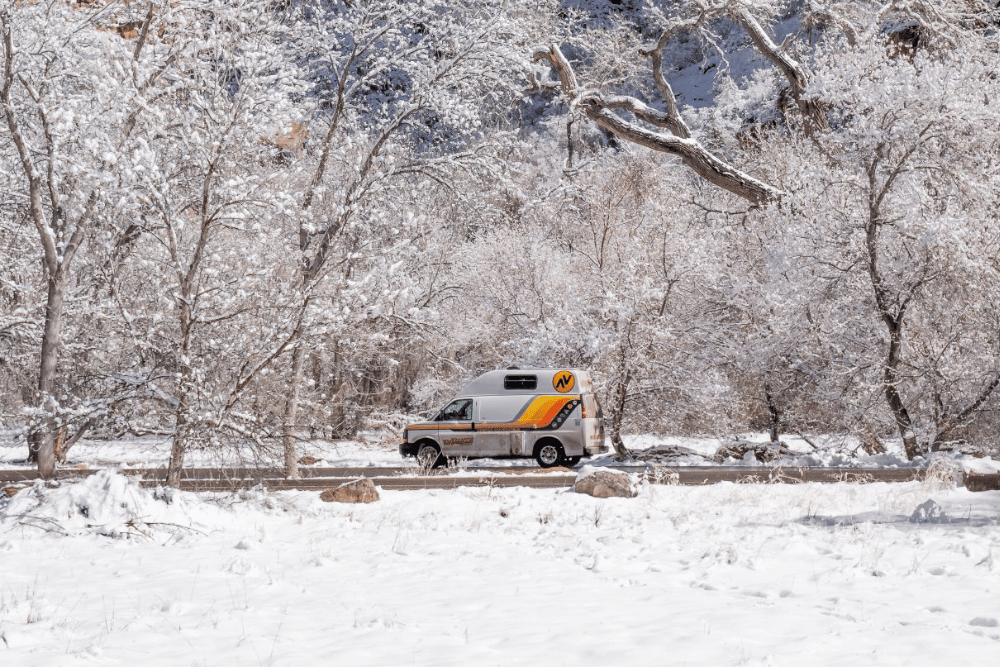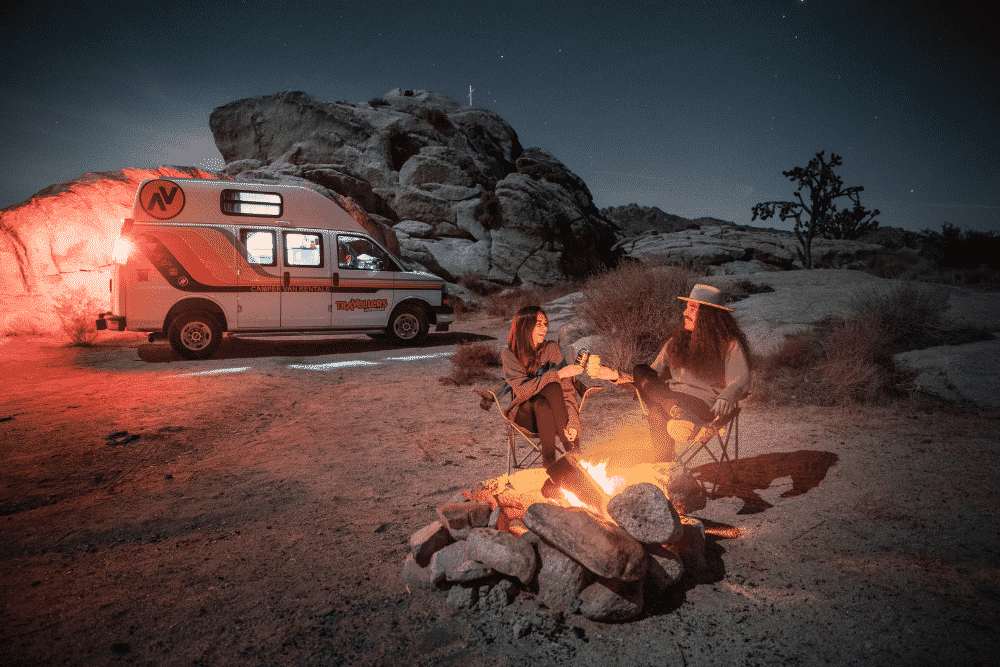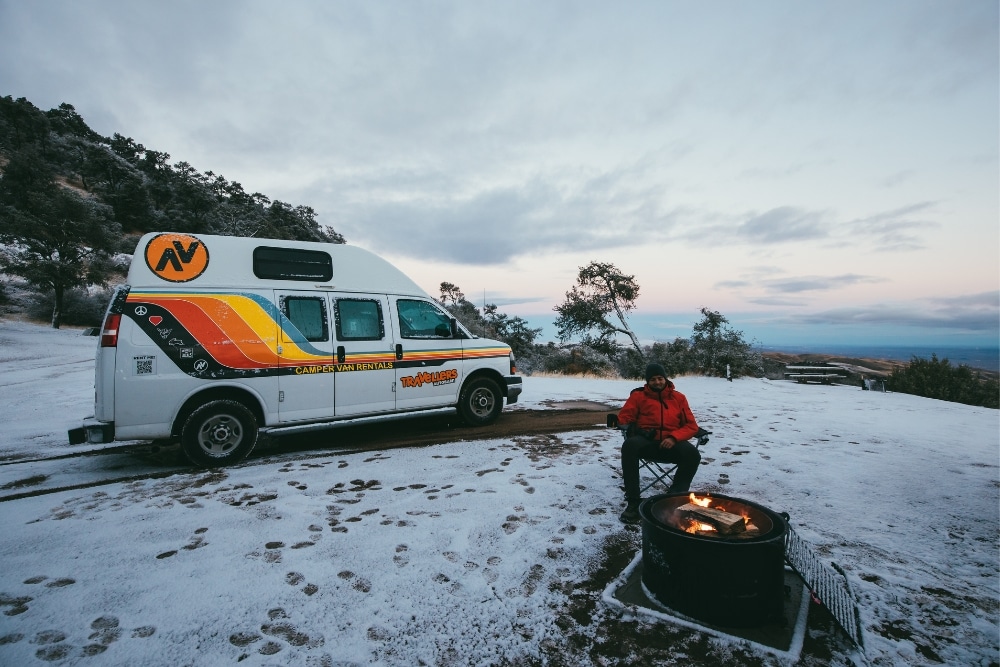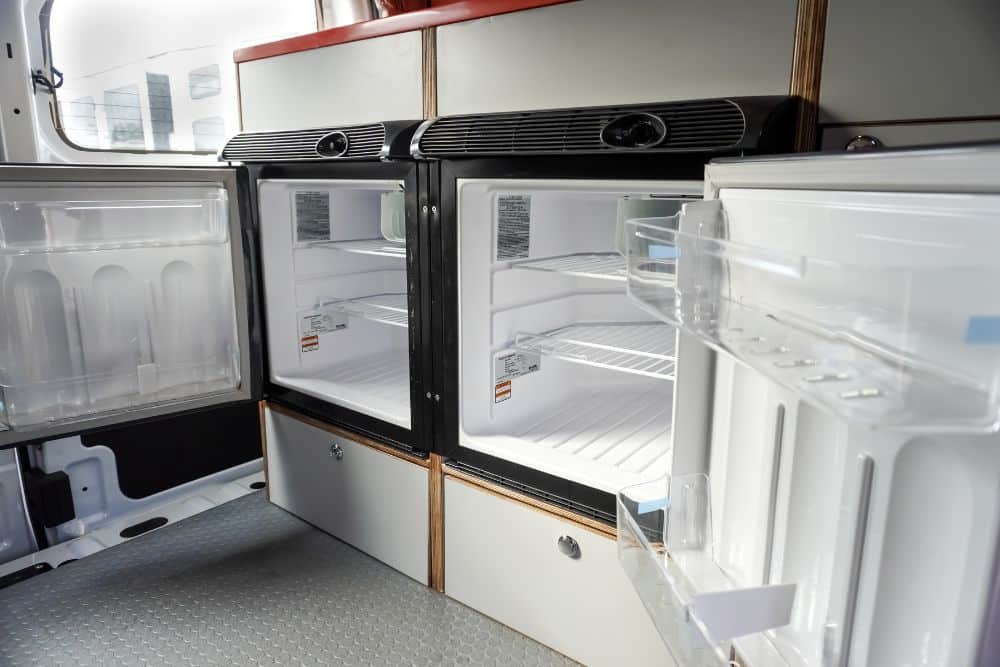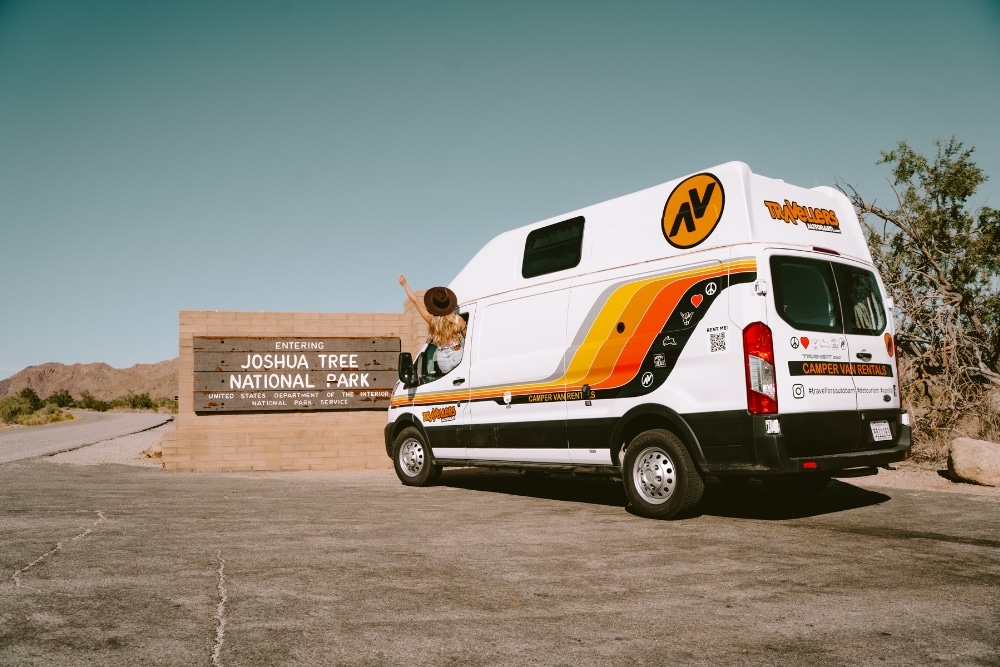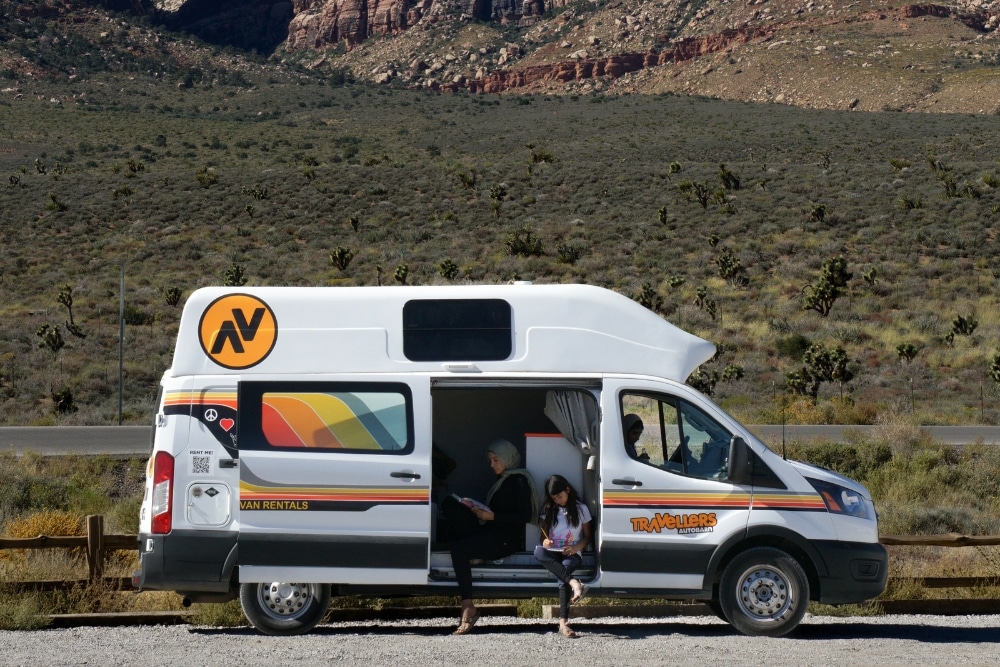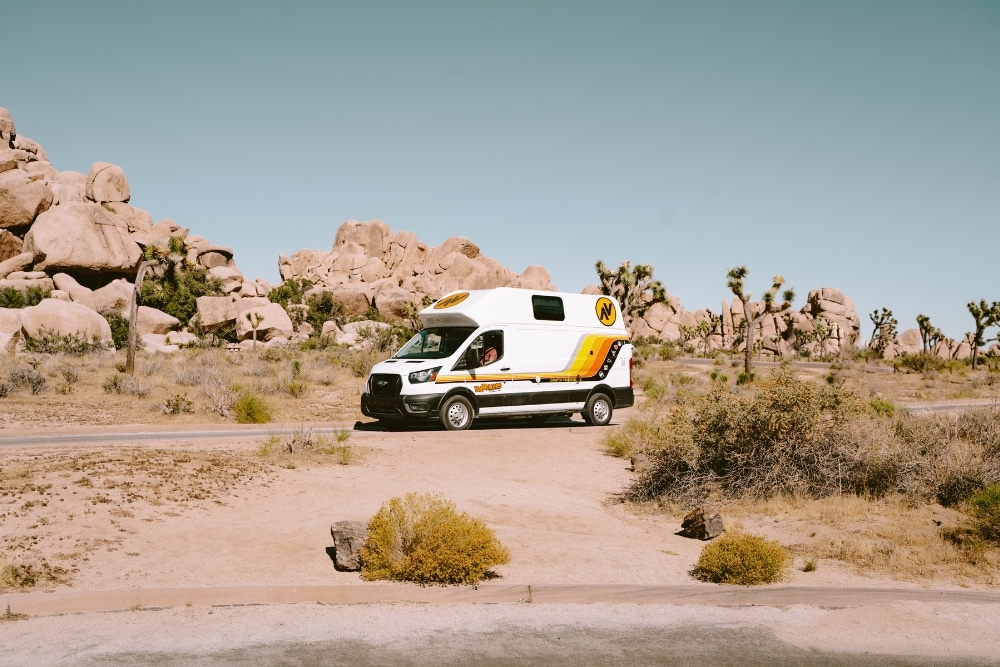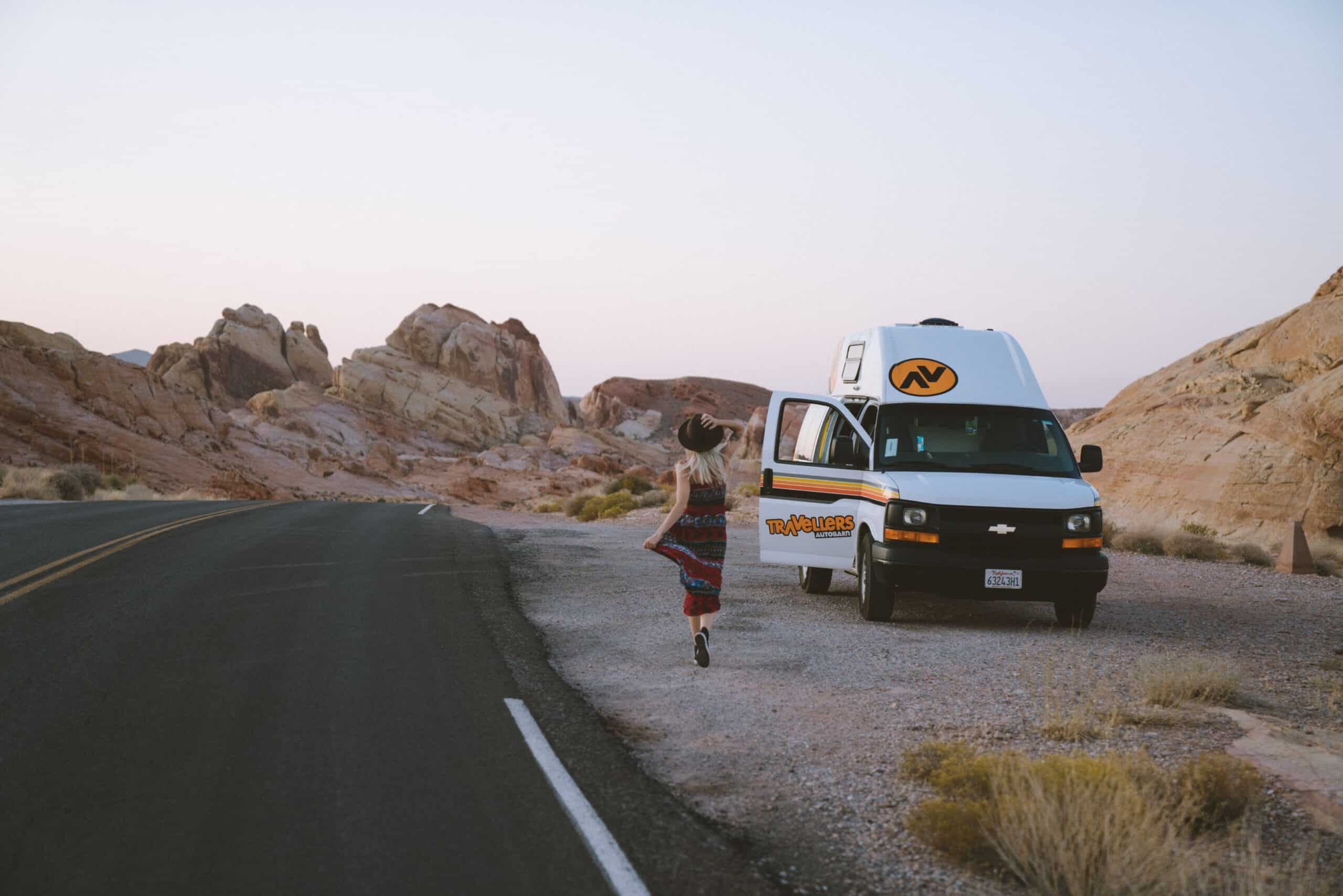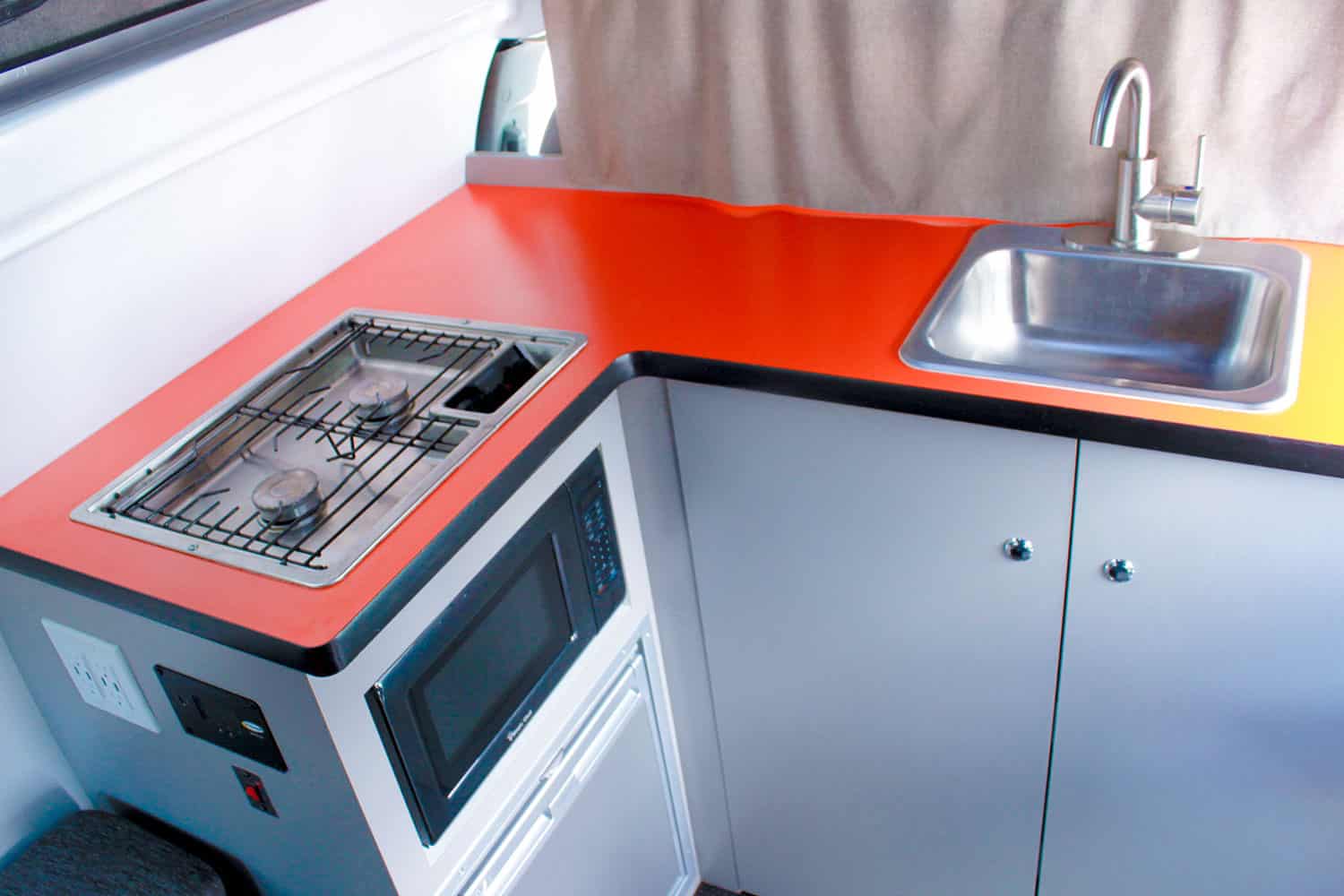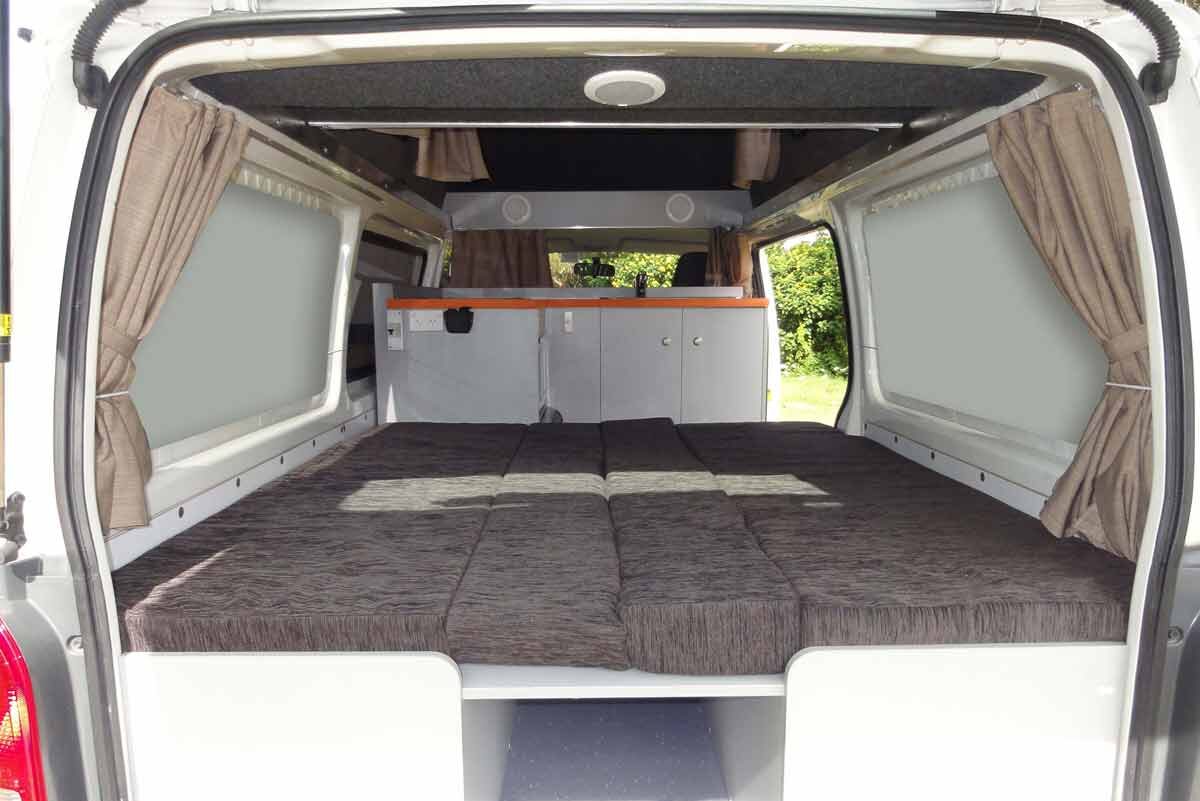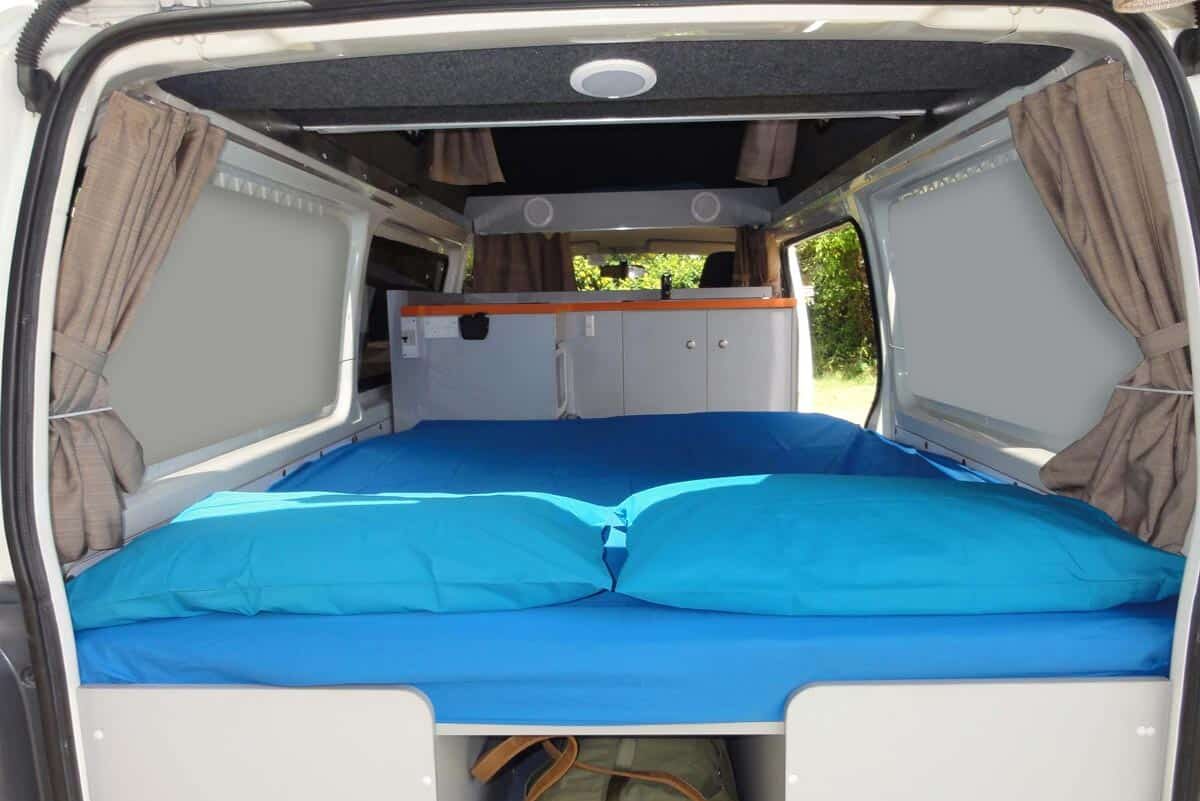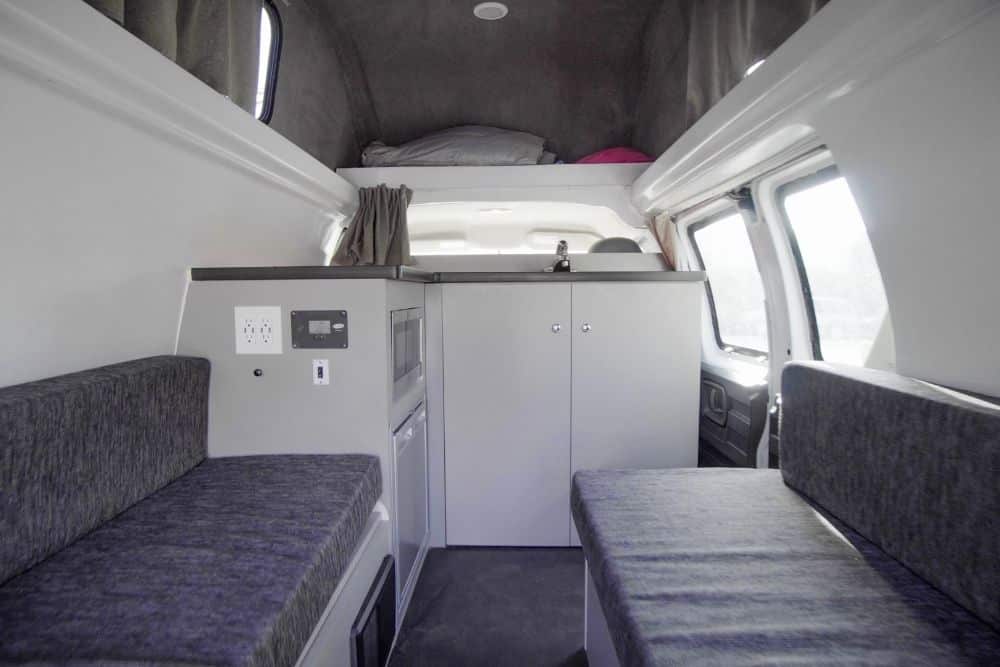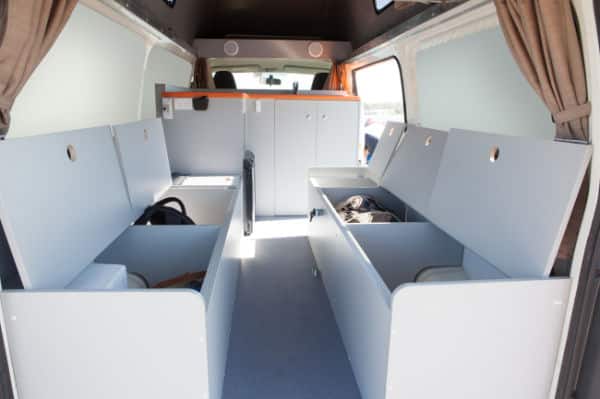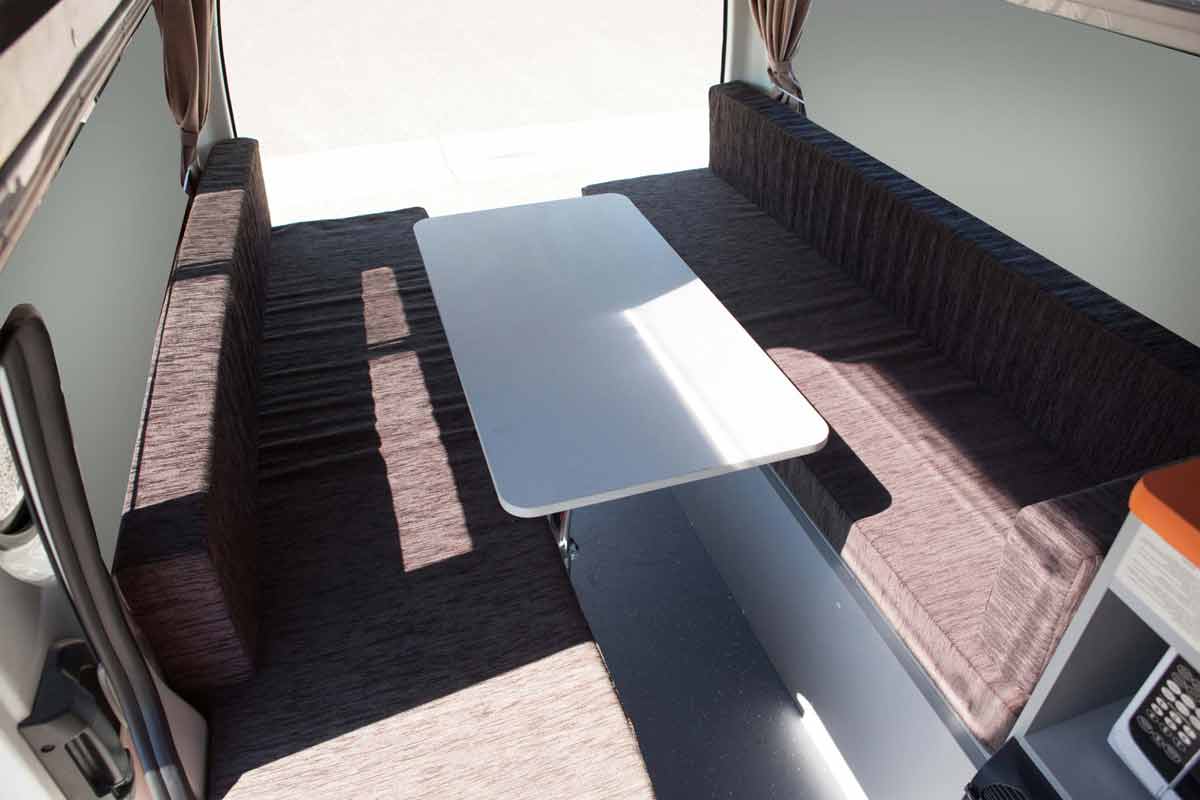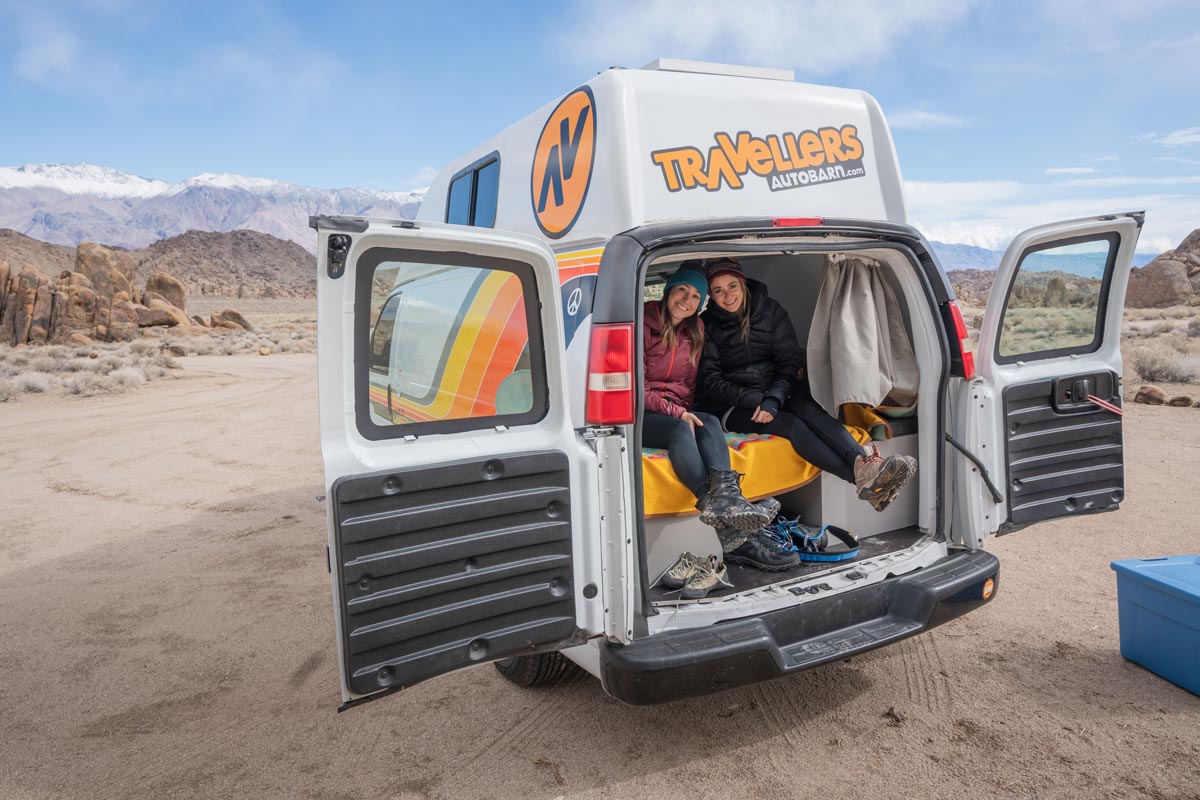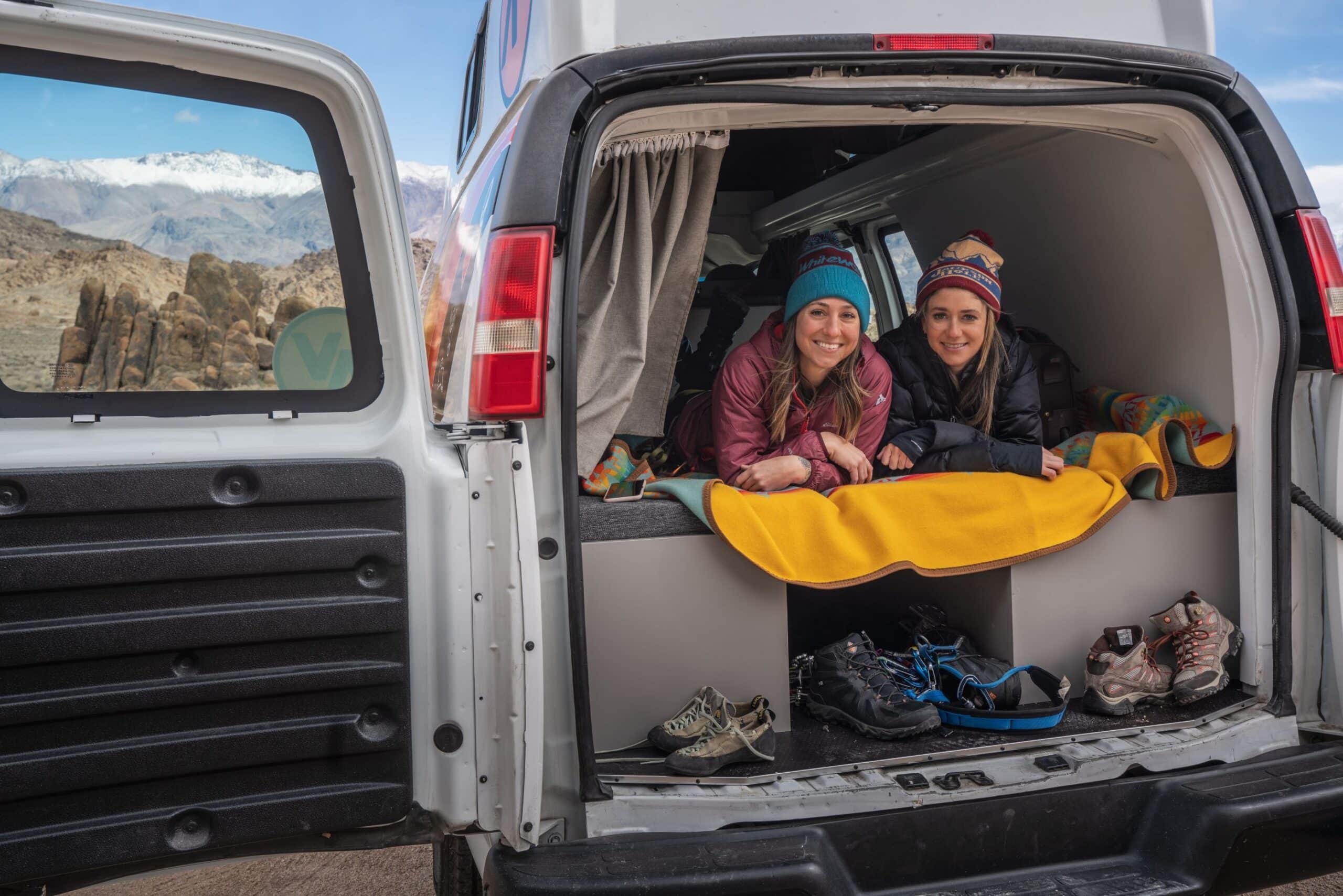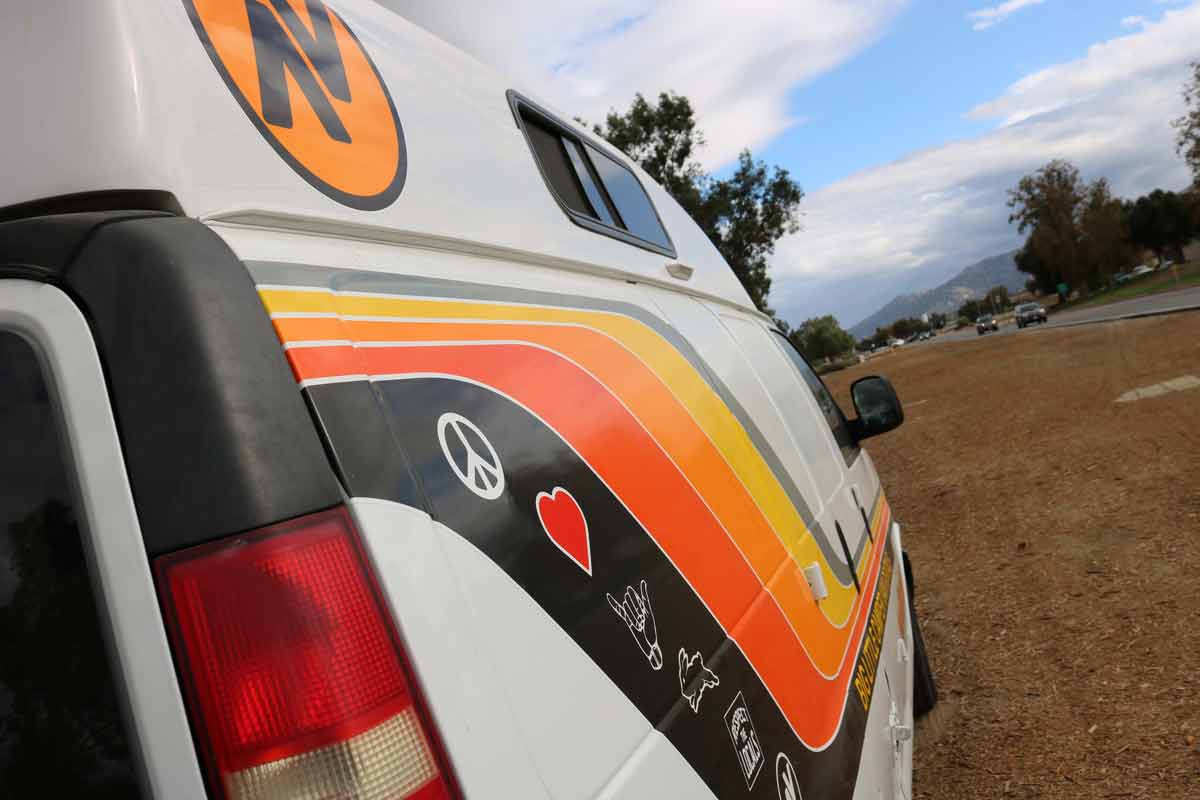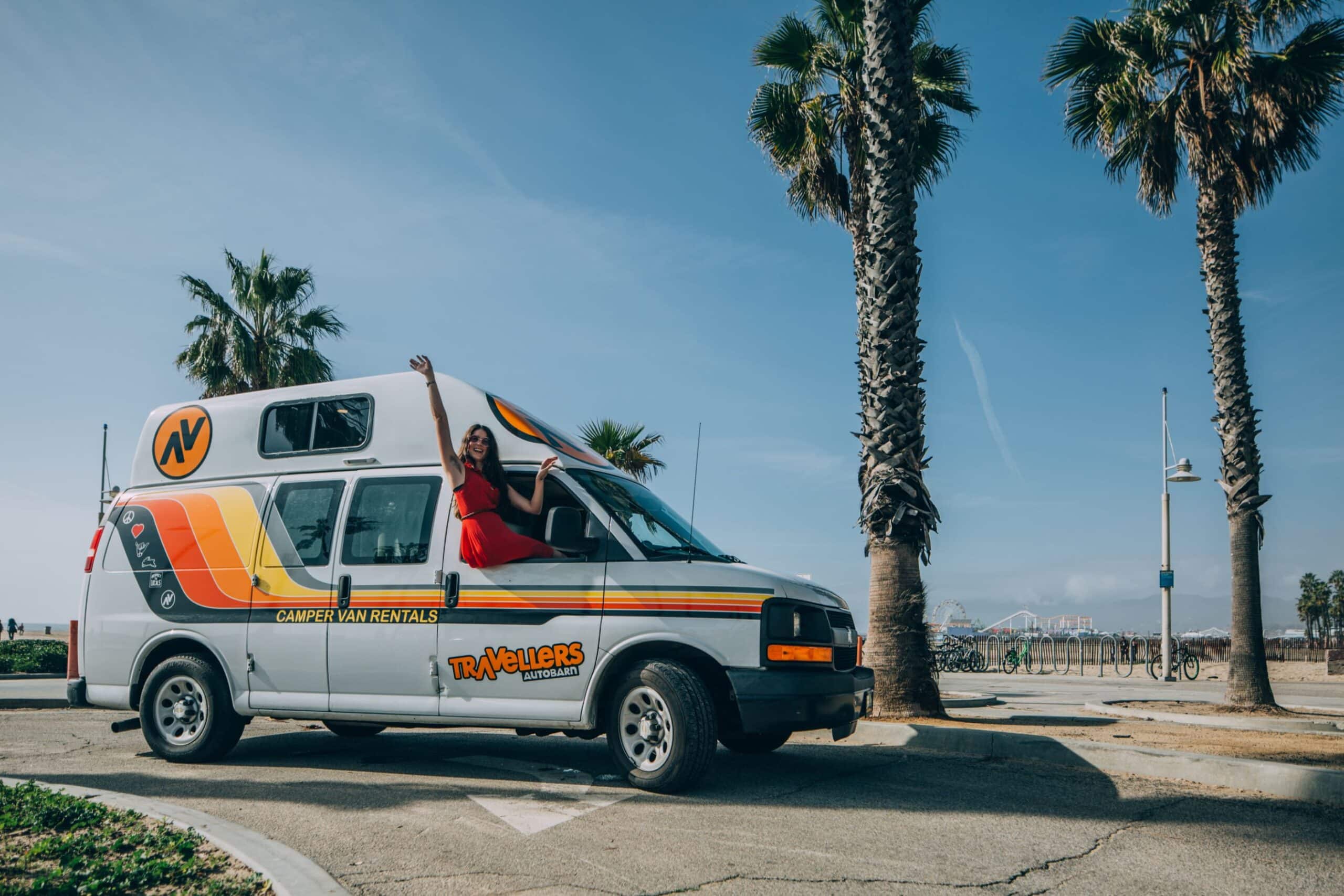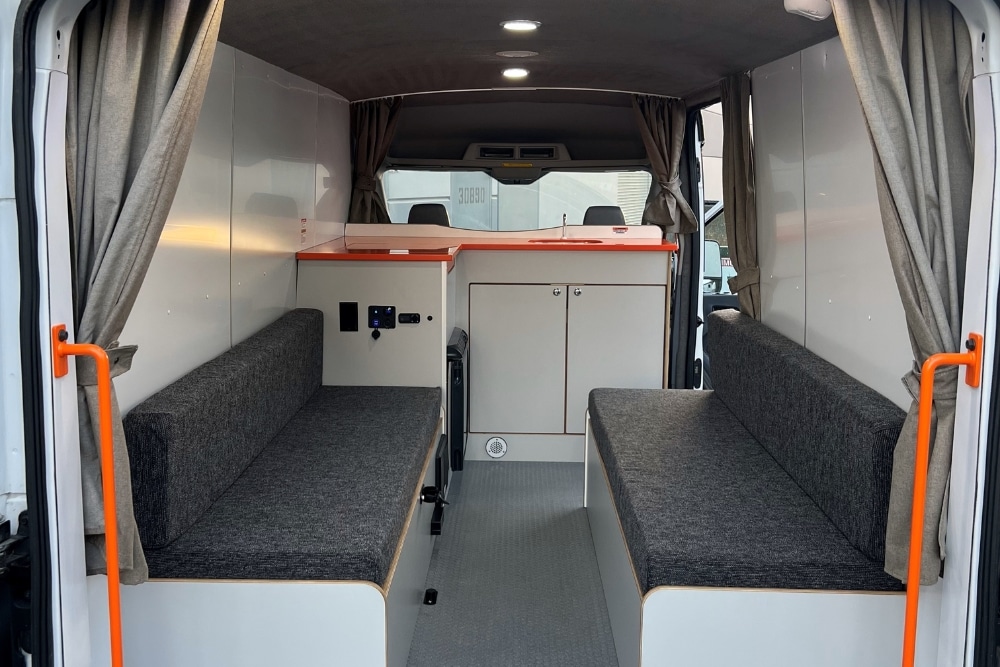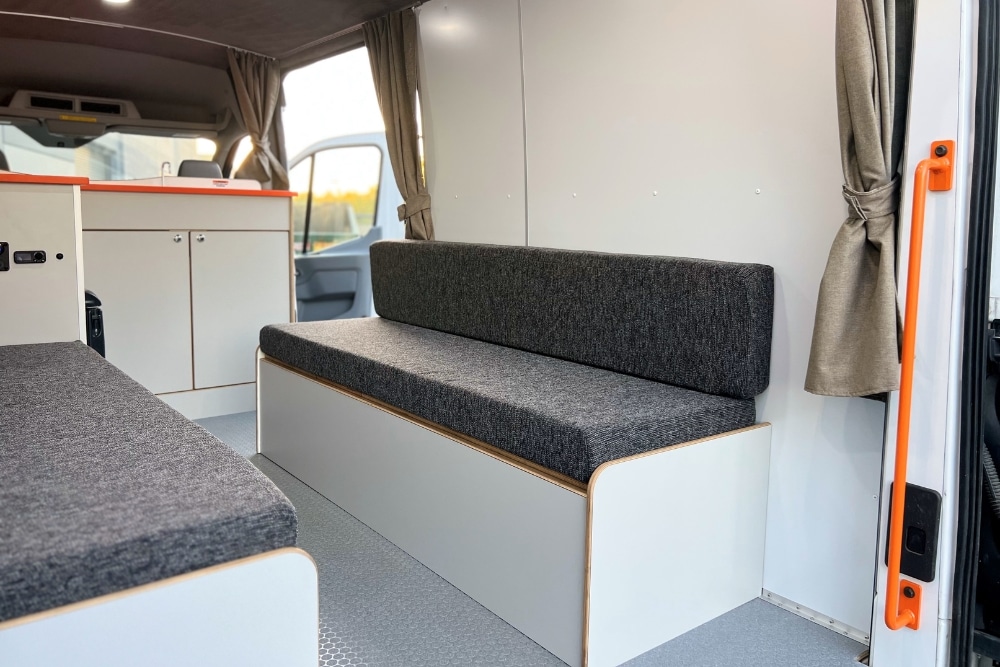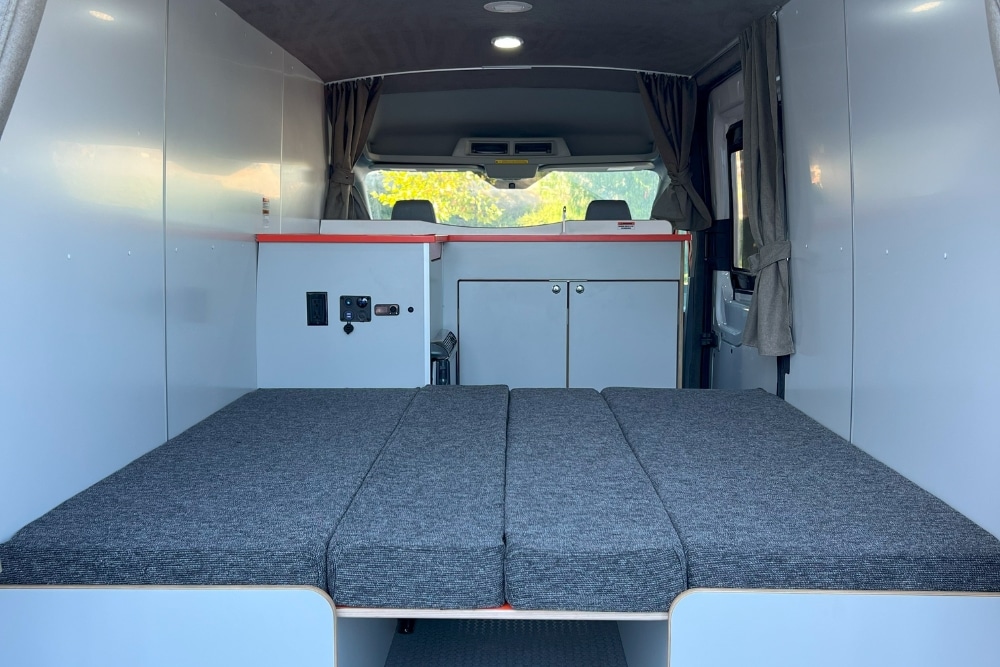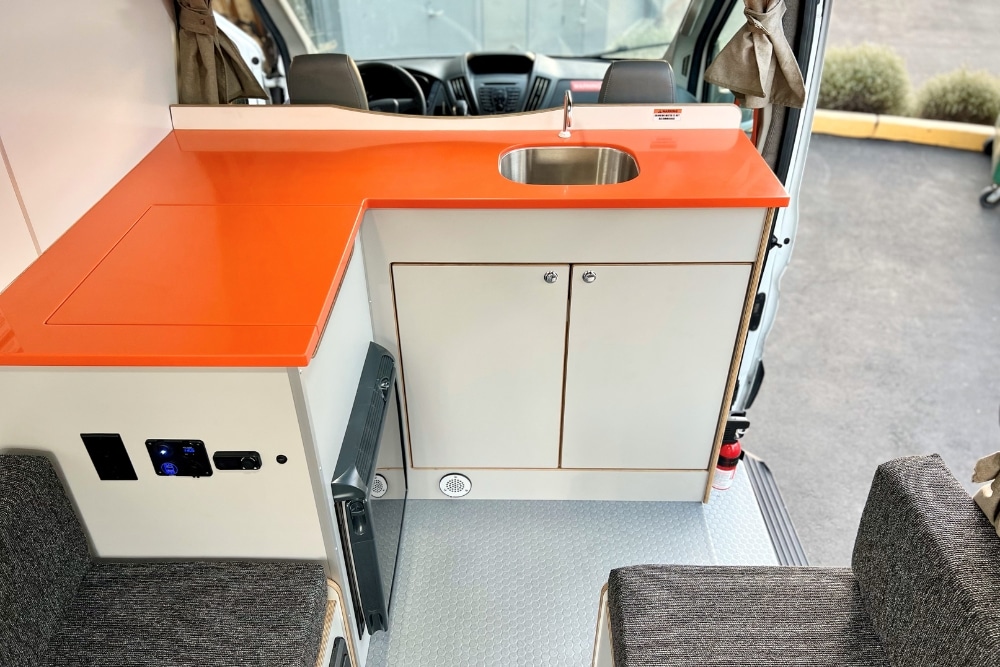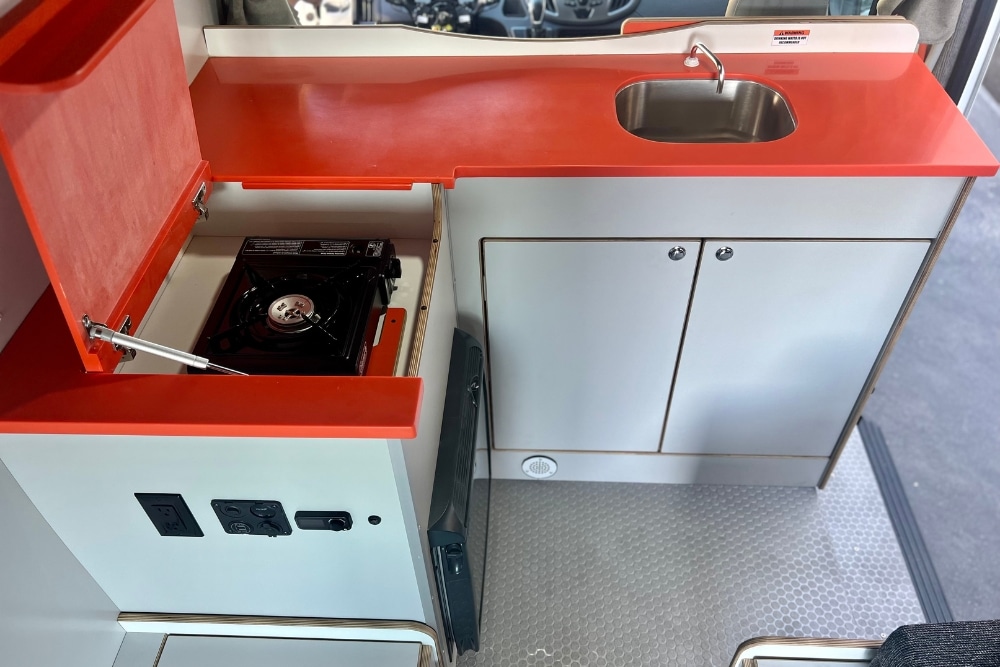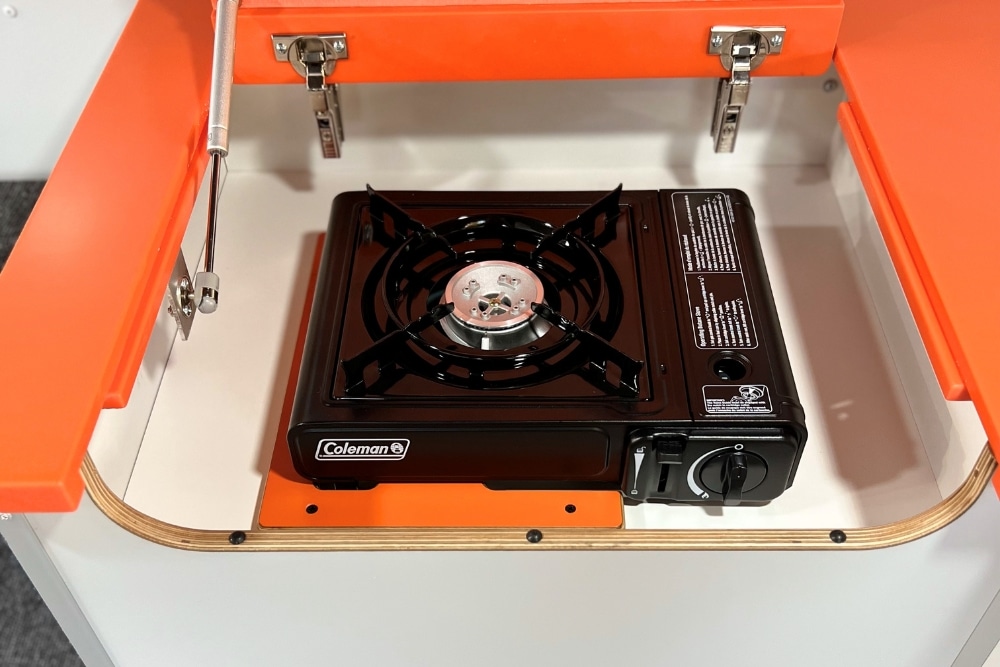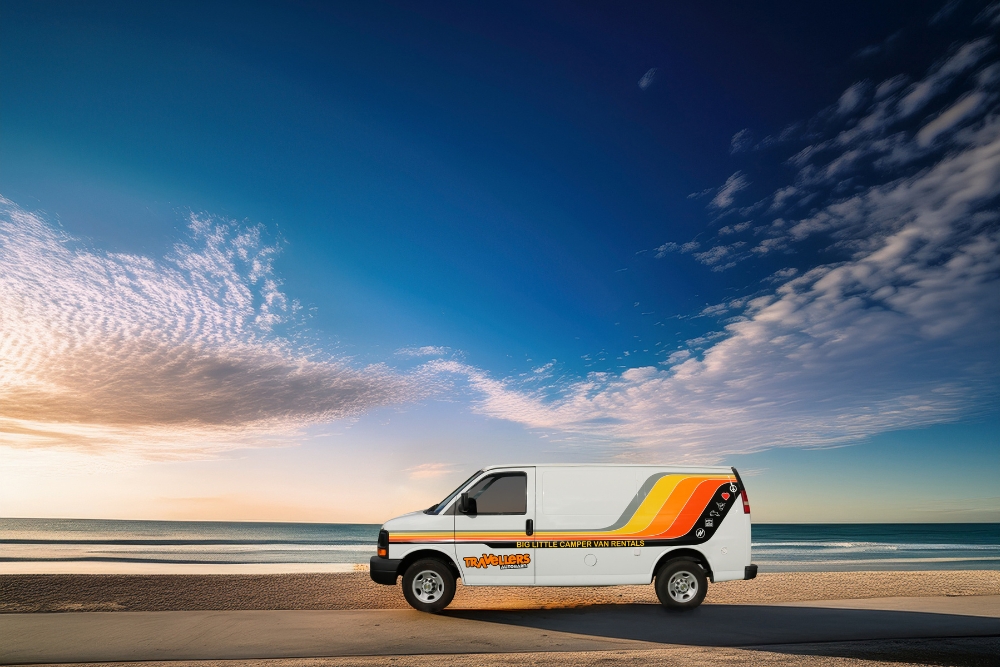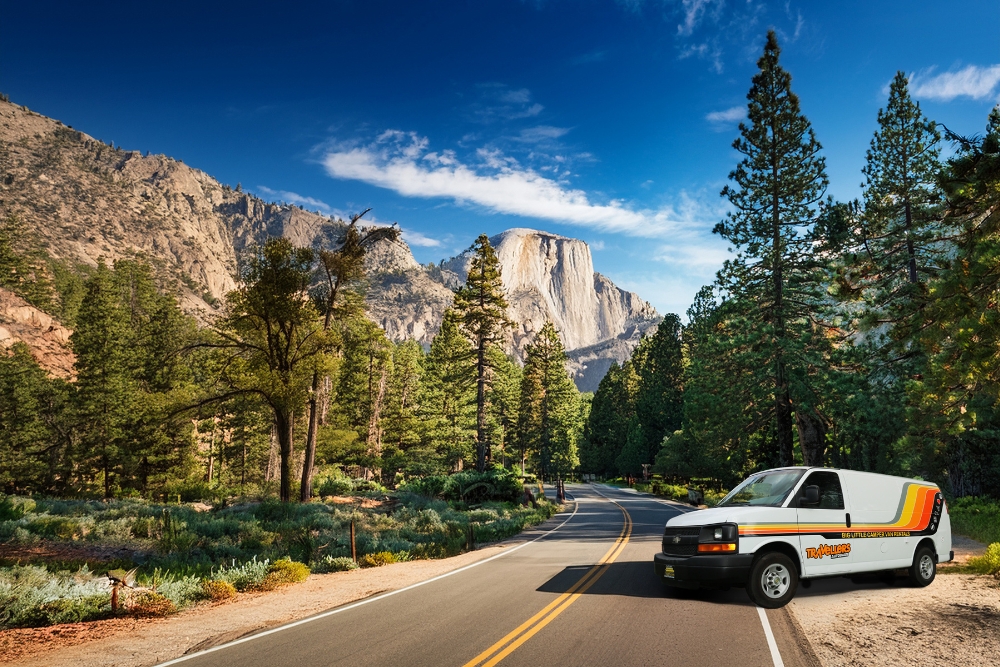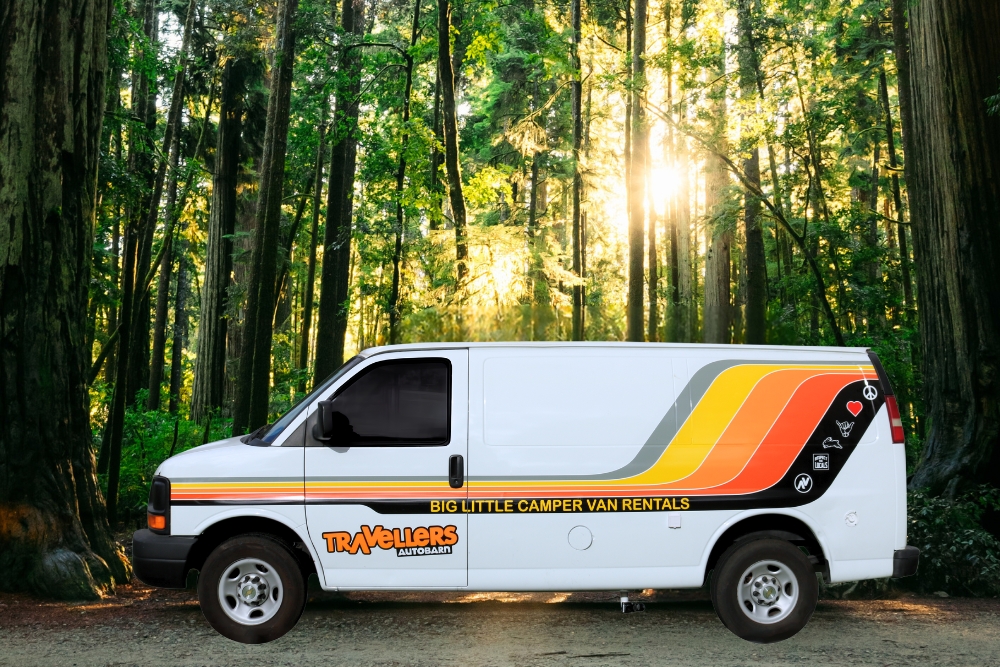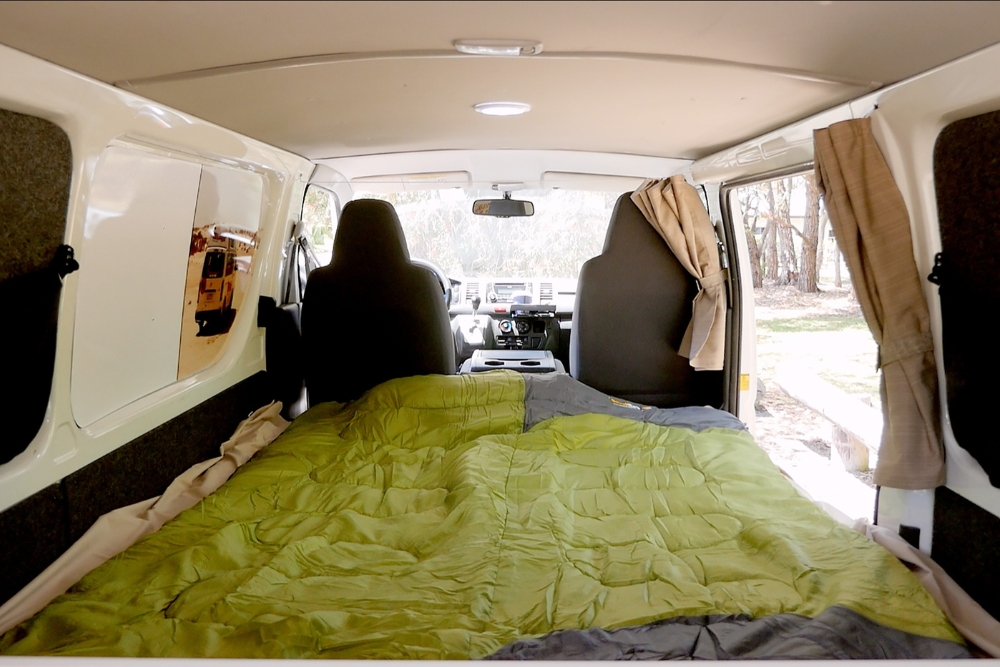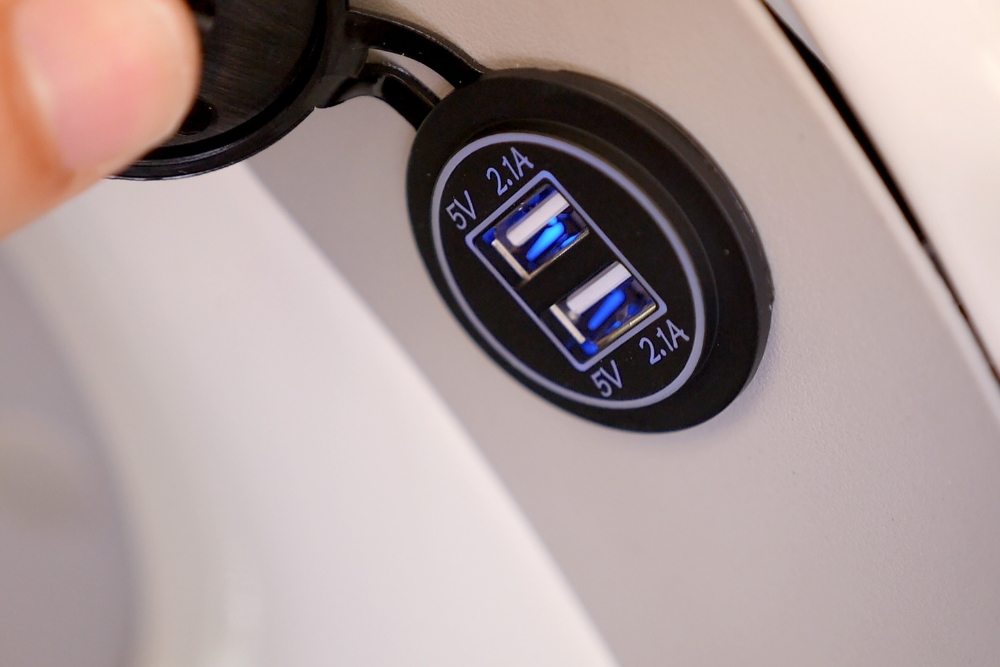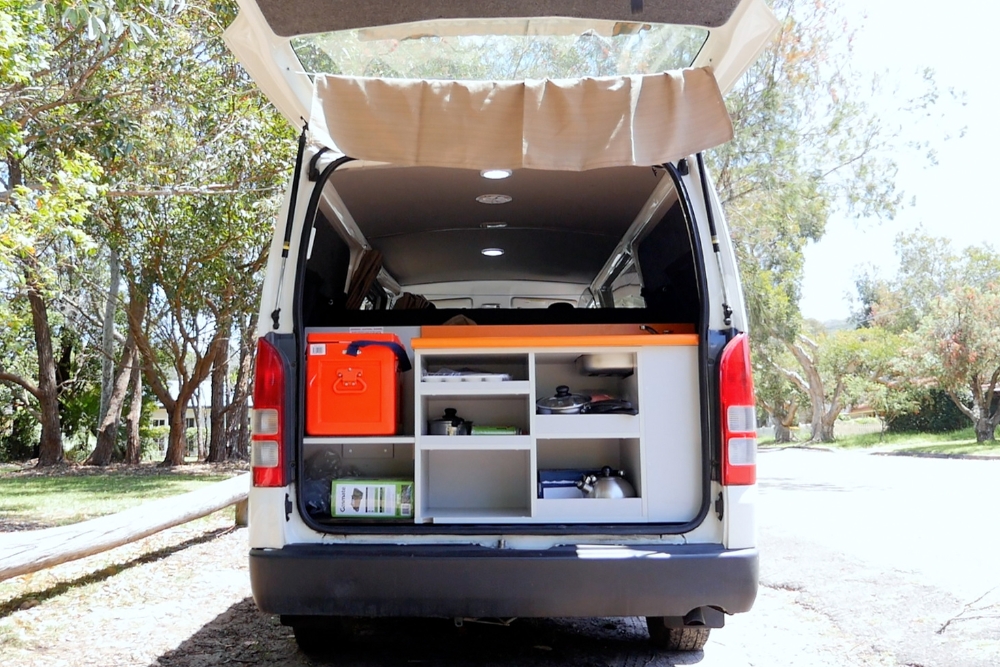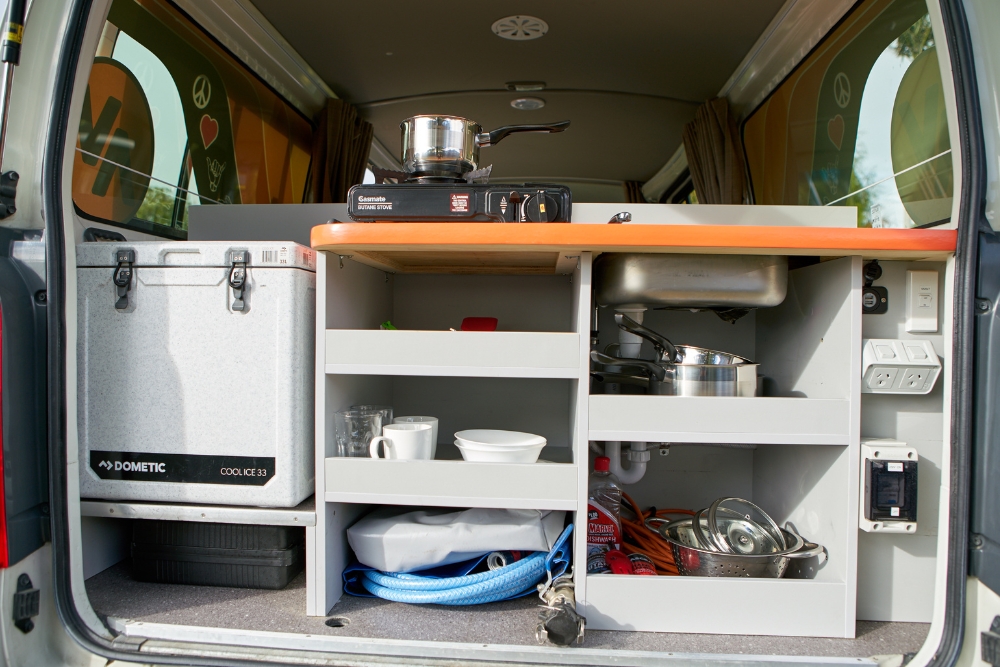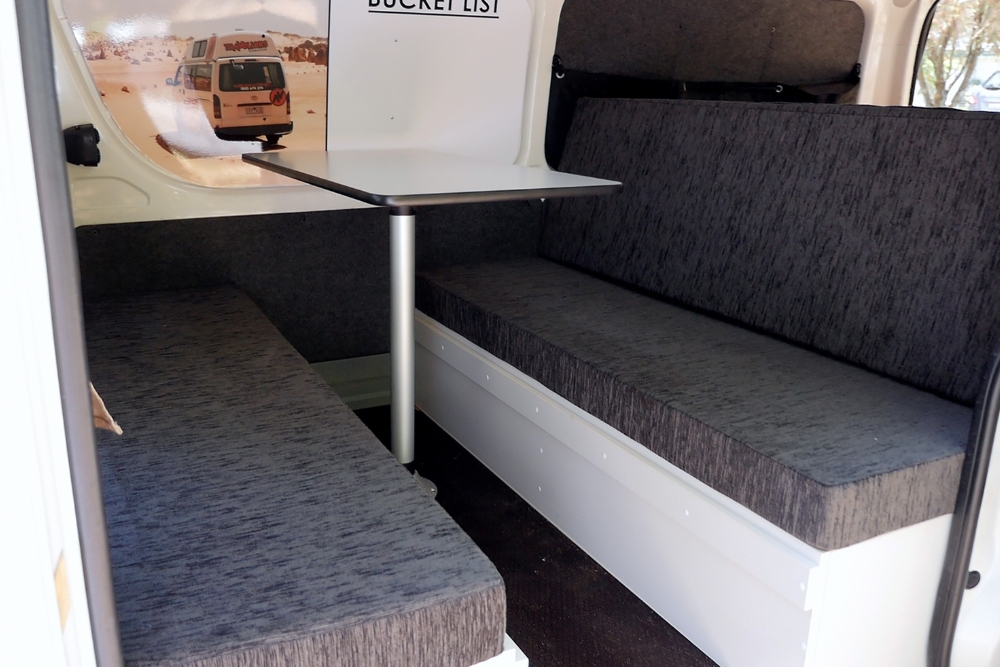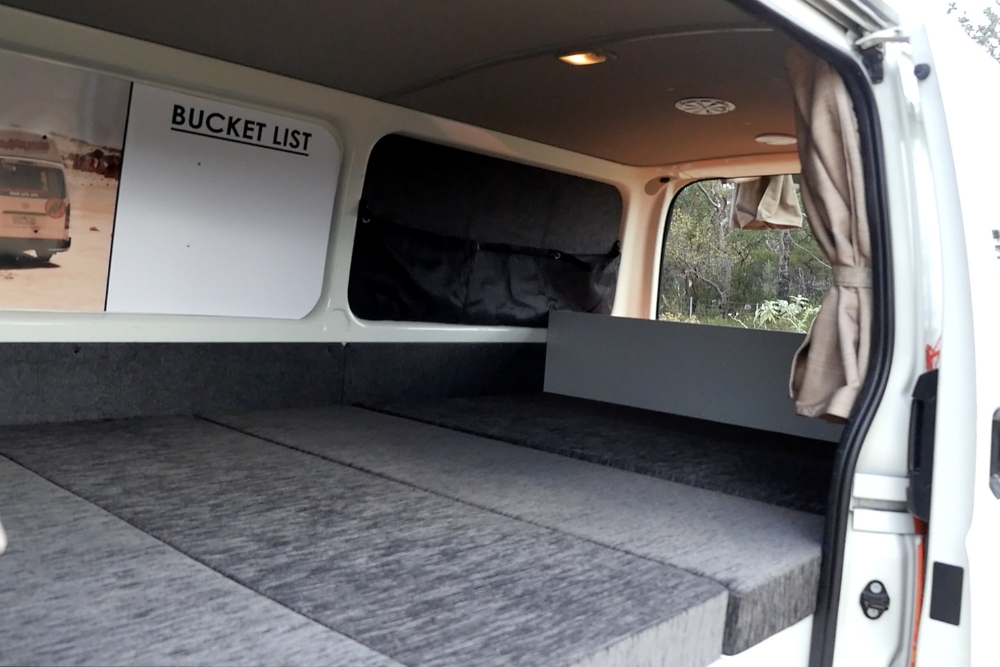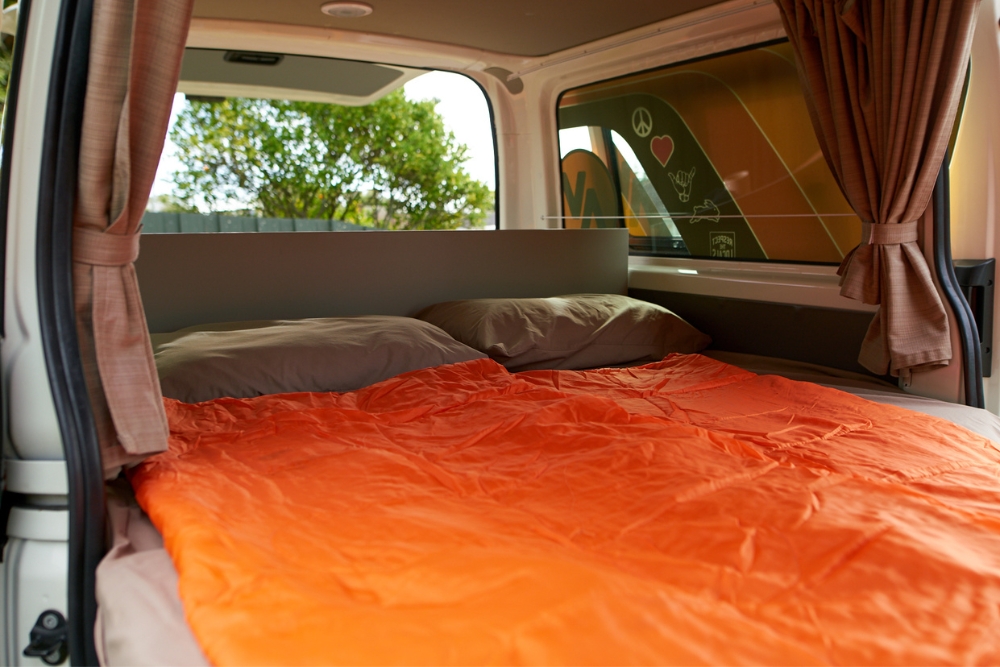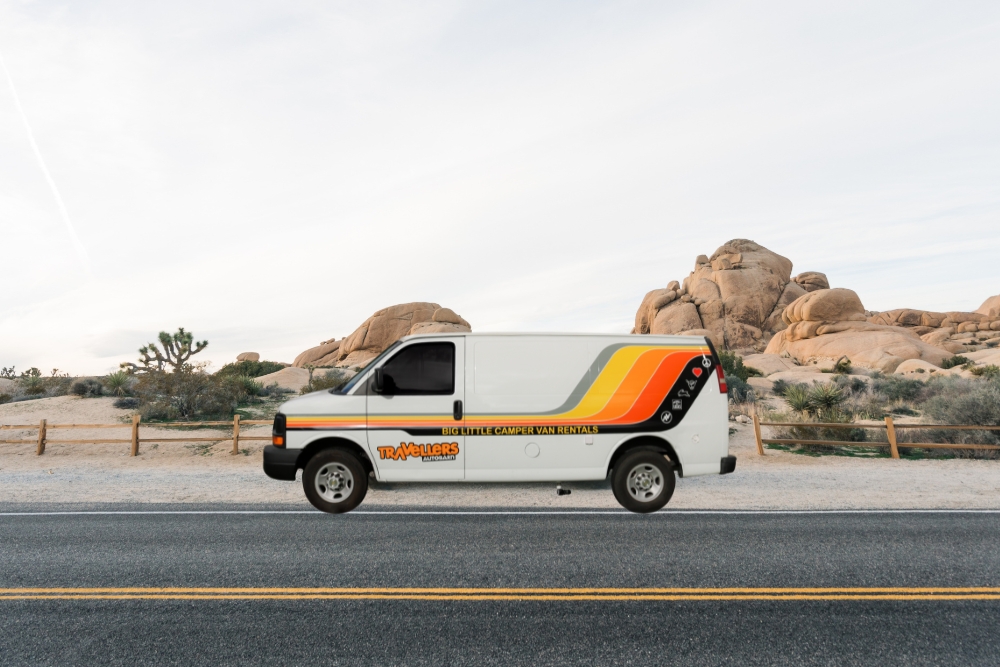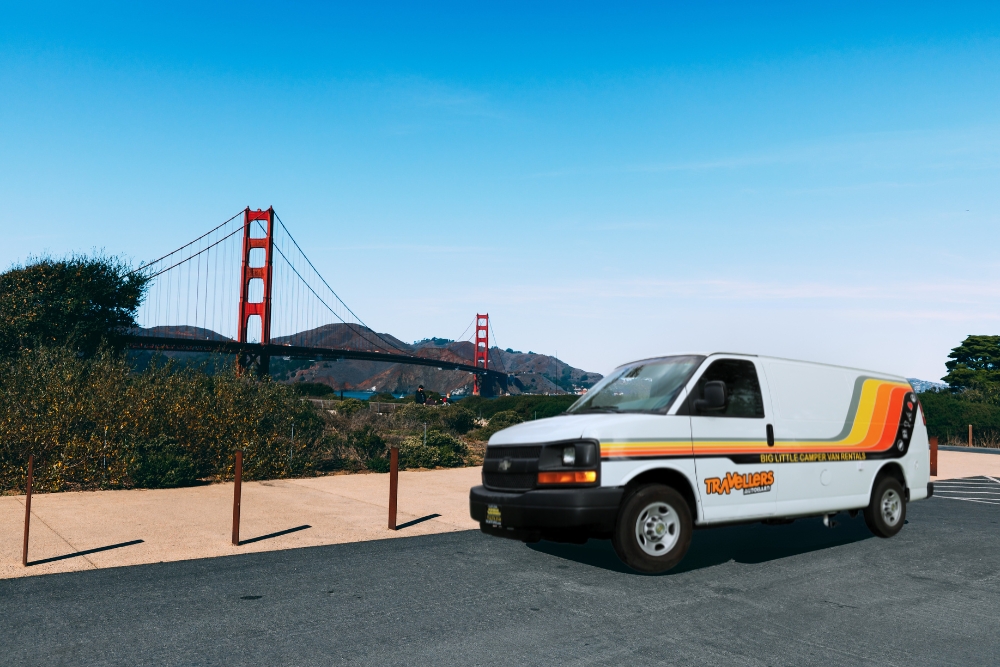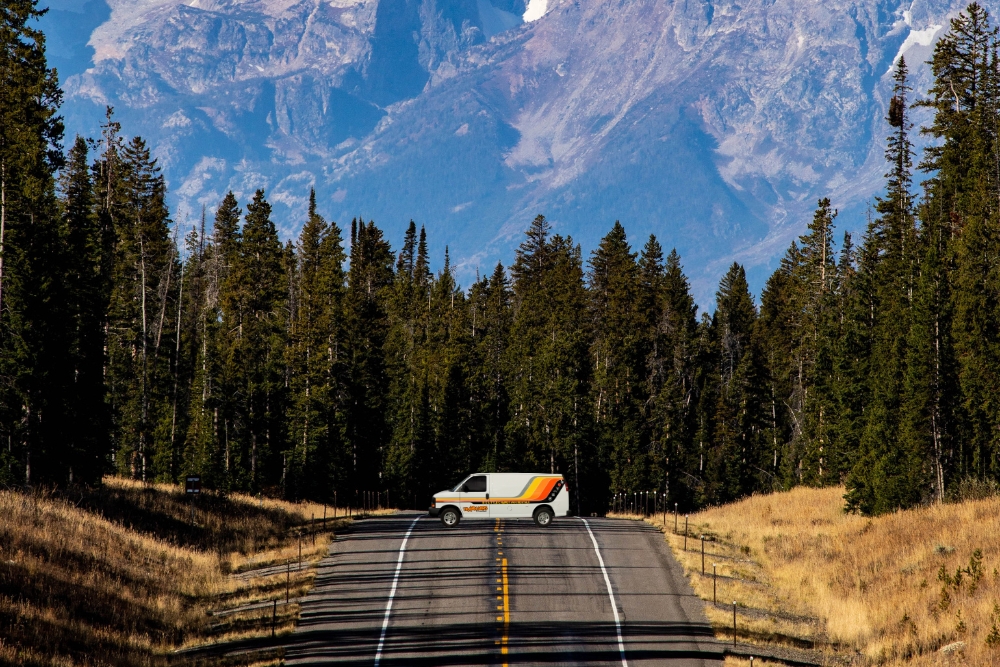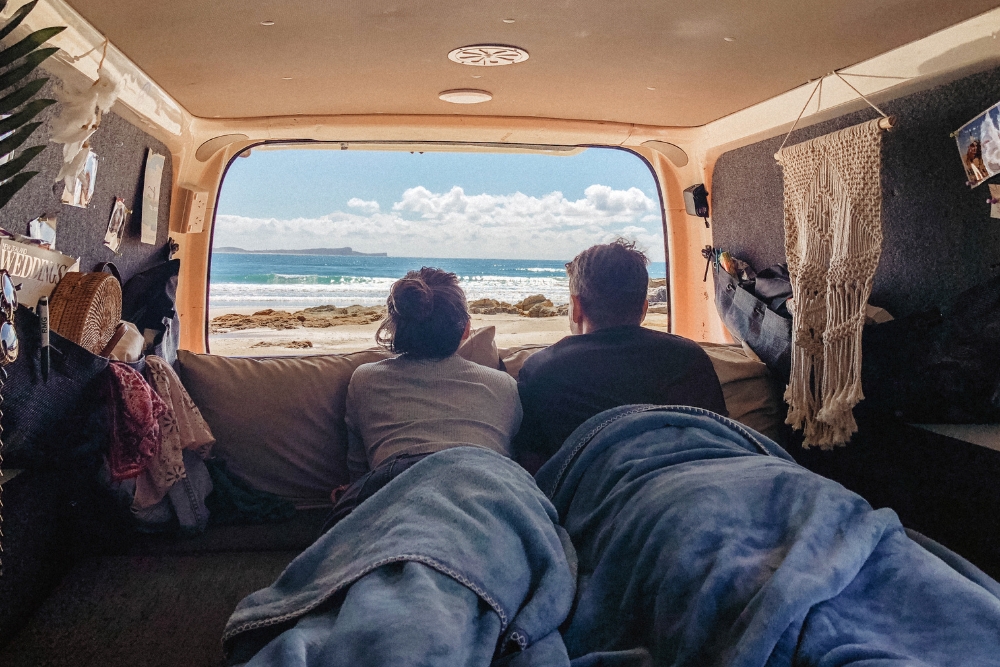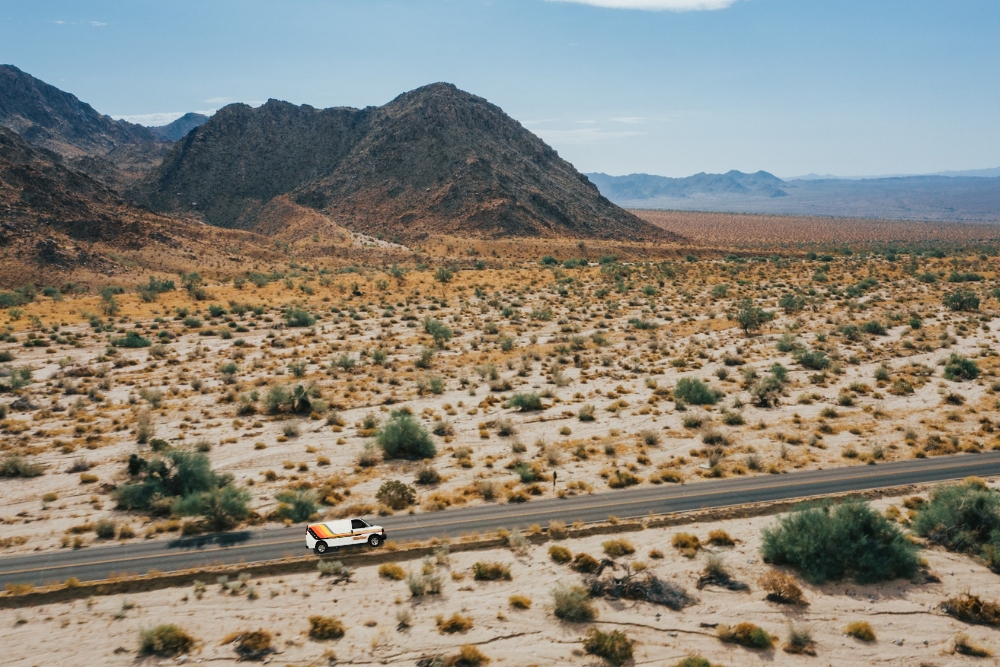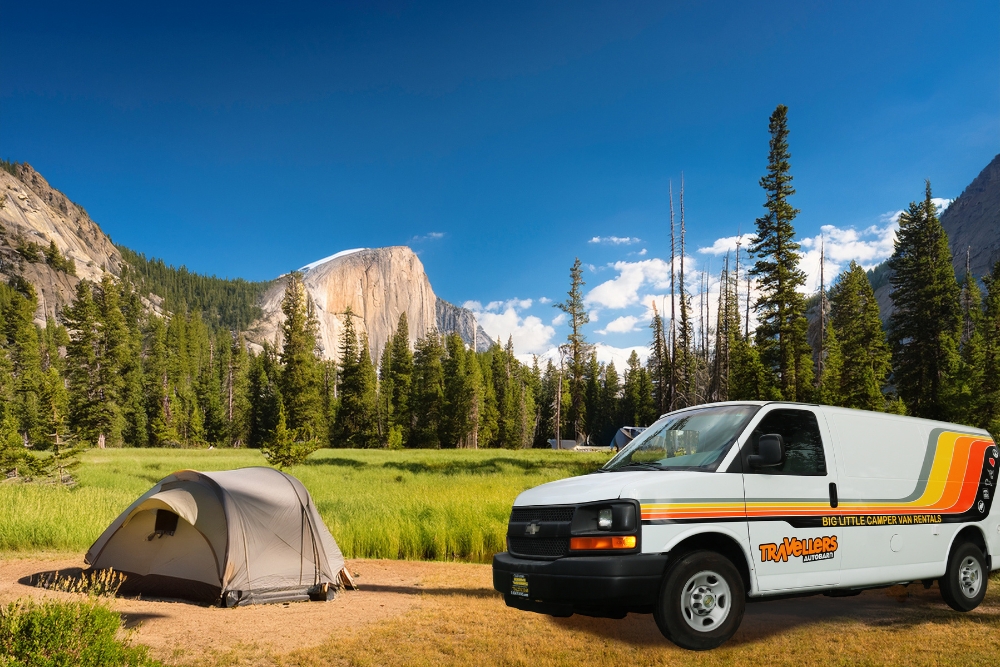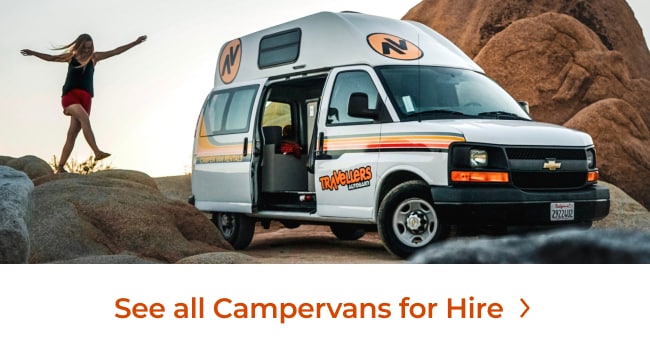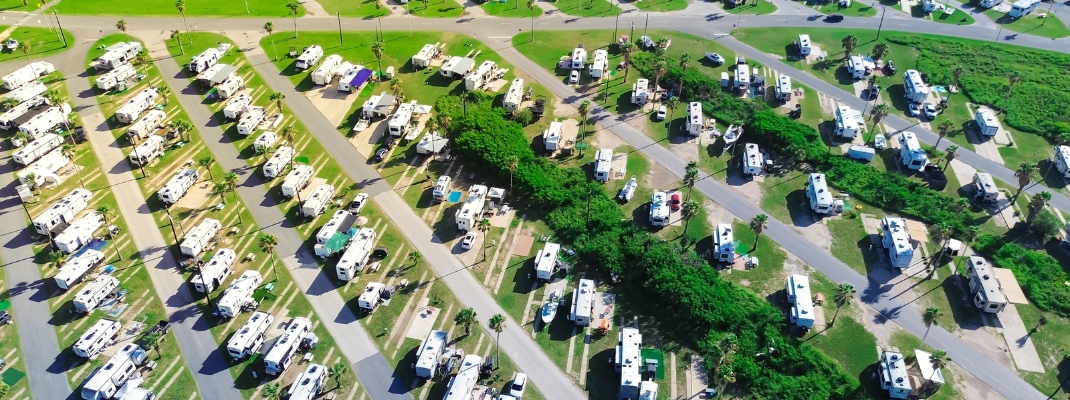
Exploring the great outdoors with the freedom to go where the road takes you is an enticing idea for many travelers, and whether you’re planning a short weekend getaway or a cross-country adventure, an RV provides the perfect blend of comfort and flexibility.
But once you’ve rented your RV, there’s another important consideration to make: where will you park your home on wheels, and how much will it cost to do so? This is one of the most important things to keep in mind when budgeting for your trip and making the most out of your adventure and to help make things easier, we’ve got the answer!
Below, you’ll find all of the information you need about the cost of staying in an RV park, along with some money saving tips to help keep your travel budget in check.
What Influences the Cost of Staying at an RV Park?
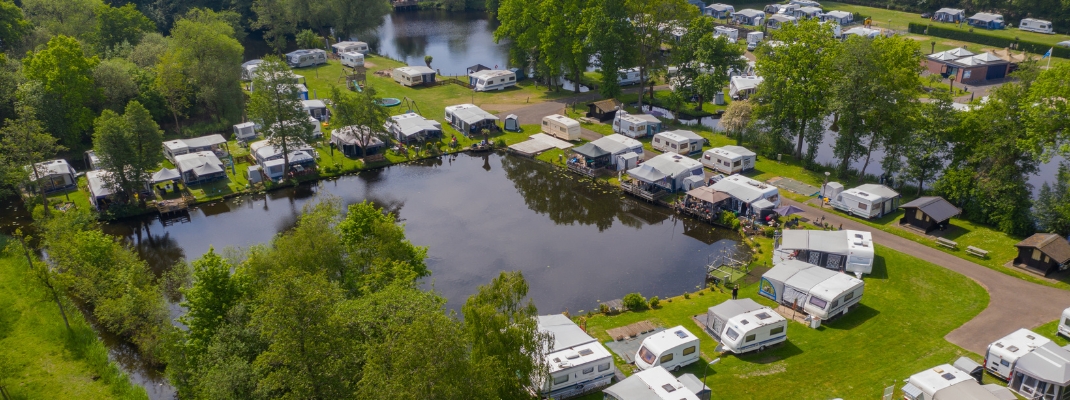
Location, Location, Location!
One of the main factors influencing the cost of an RV park is its location, and parks situated near popular tourist destinations, national parks, or in scenic areas tend to be more expensive. For example, staying at an RV park near Yellowstone National Park or the Grand Canyon will likely cost more than a park located in a rural or less-visited area.
Urban locations can also drive up costs, and RV parks located near cities or in high-demand regions, such as coastal areas or famous landmarks, often charge premium rates. On the other hand, parks located in more remote or lesser-known areas may offer more affordable pricing, though they might lack some of the amenities that are standard in more popular locations.
Type of RV Park
As well as various locations, RV parks come in various types, from basic campgrounds with minimal amenities to luxurious resorts that offer a range of high-end services and the type of park you choose will significantly impact the cost.
Basic Campgrounds
Basic campgrounds tend to offer essential services like water and electricity, dump stations, and restrooms, but that’s about all you’ll get for your money. As such, the cost is generally lower, and this makes them a very good option for travelers working with a smaller budget.
Mid-Range Parks
You’ll find more facilities on offer at mid-range RV parks, such as Wi-Fi, laundry facilities, and recreational activities. This, along with the essential amenities, means that rates are higher than basic campgrounds but you’re still offered a good balance of cost and comfort.
Luxury RV Resorts
If you’re seeking a more upscale experience, a luxury RV resort will provide you with top-tier amenities, including swimming pools, fitness centers, and on-site dining options. However, the costs here reflect the added luxury, making them the most expensive option.
Duration of Stay
The length of your stay at an RV park is also likely to affect the overall cost, but many RV parks offer discounted rates for longer stays, helping you save money in the long run.
For short terms stays, most RV parks charge by the night and the rates can range from $20 per night at basic campgrounds to over $100 per night at luxury resorts. However, if you plan to stay at one location for a week or more, you might benefit from discounted weekly rates which will reduce the nightly cost and offer you a great way of saving money.
Seasonal Prices
During peak travel seasons, like the summer or during major holidays, RV park prices tend to increase due to high demand. Conversely, off-season rates are usually lower, making it more affordable to stay at popular destinations during these times.
One thing to note, however, is that in some regions, such as the Southern United States, winter is considered the peak season as it attracts wildlife lovers looking to spot snowbirds flocking back to warmer climates. With this in mind, it’s important to check the seasonality of your chosen destination to help you plan and budget more effectively.
Amenities Offered
The range of amenities and services offered by an RV park will also influence the cost. Parks with additional features such as swimming pools, cable TV, Wi-Fi, pet parks, and organized activities typically charge more than those offering only basic services. Likewise, parks that provide full hookups (electric, water, and sewer connections) usually have higher rates compared to those that offer only partial hookups or dry camping (no hookups).
However, paying extra for amenities can be worthwhile, depending on your needs and preferences. For instance, if you’re traveling with children, a park with a playground and pool might be worth the additional cost.
Estimating Your RV Park Costs
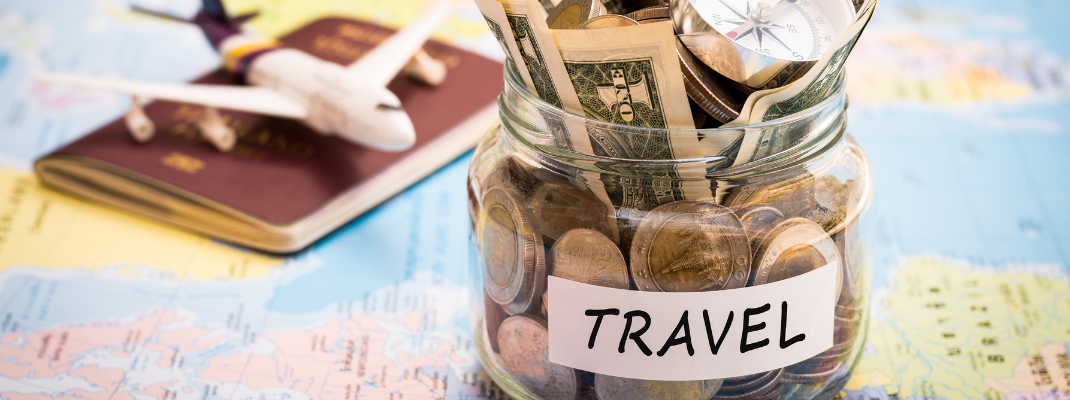
Now you know what goes into the overall costs of an RV park. But how can you work out how much your stay might come to? To make things a little clearer, here’s an average breakdown of prices across different lengths of stay and factoring in some additional costs.
Short Trips
For a short trip of a week or less, you might expect to pay:
- Basic Campgrounds: $20 – $40 per night
- Mid-Range RV Park: $40 – $70 per night
- Luxury RV Resort: $70 – $150 per night
With these figures in mind, a week-long trip to an RV park could cost anywhere from $140 to over $1,000, depending on your travel style.
Extended Stays
If you’re planning to stay at an RV park for an extended period, here’s a rough estimate of what you might expect to pay across weekly and monthly rates:
- Basic Campgrounds: $120 – $280 per week or $400 – $800 per month
- Mid-Range RV Park: $240 – $490 per week or $800 – $1,500 per month
- Luxury RV Resort: $500 – $1,050 per week or $1,500 – $3,500+ per month
As always, the total cost will depend on the type of RV park you choose to stay in, with basic campgrounds offering a more budget-friendly option than luxury RV resorts.
Additional Costs
It isn’t just the nightly or monthly rates that need to be considered when planning your travel budget, and there are a few additional costs that can affect the overall RV park cost. These include:
Utility Fees
Some RV parks may charge extra for electricity, especially for long-term stays, so be sure to check whether utilities are included in your rate or if there will be an additional charge before booking.
Reservation Fees
You may also have to pay a reservation or booking fee at some RV parks, and while these are usually only around $5 – $10, they can add up over time if you’re planning to move from park to park throughout your trip.
Cancellation Fees
If your plans change and you need to cancel your reservation, some parks may charge you a cancellation fee. Again, make sure you understand the park’s cancellation policy before you book so you can avoid any unexpected charges.
Pet Fees
It’s also important to keep in mind that some RV parks may charge additional fees for furry friends! This fee varies from park to park, but if you’re traveling with your pets, make sure you ask about policies and costs when making your reservation.
Tips for Saving Money on RV Park Costs

Plan Ahead and Book Early
Like many aspects of travel, planning ahead can help you secure the best rates. Lots of RV parks offer early booking discounts, and you’ll have a better chance of finding availability at more affordable parks if you plan in advance, especially during peak travel seasons.
Take Advantage of Memberships
Several organizations offer discounts on RV park stays, including Travellers Autobarn, that offer access to discounted rates at a network of parks across the country. While it may feel like you’re spending more money at first, the cost of membership can quickly pay for itself if you frequently stay at participating parks.
Consider Boondocking
Boondocking, or dry camping, is another way to save on RV park costs. This type of camping involves staying in locations without hookups, such as public lands, rest areas, or Walmart parking lots. While it’s true that boondocking might not provide the same level of comfort as a full-service RV park, it’s an excellent option for reducing costs, especially for short stays.
Travel During Off Peak Seasons
If your schedule is flexible, consider traveling during the off-season when RV parks often lower their rates. Not only will you save money, but you’ll also enjoy less crowded parks and attractions. Just remember to check seasonality, as some states consider fall and winter to be their peak season.
Look for Free Camping Options
There are numerous free or low-cost camping options available throughout the United States, including national forests, Bureau of Land Management (BLM) lands, and state parks that often offer budget-friendly camping opportunities. Travellers Autobarn have also paired with The Dyrt app, which is a great tool for finding free campgrounds throughout the United States.
Final Thoughts
Whether you’re embarking on a short trip or settling in for a longer stay, Travellers Autobarn can help you hit the road with confidence, knowing that you’ve considered all the aspects of your journey, and since all of our rentals come with unlimited miles, you’re free to explore at your own pace. From basic campgrounds to luxury RV resorts, the wide range of options ensures that every traveler can find a park that fits their needs and budget, and with a little research and careful planning, you’ll be well on your way to an unforgettable RV experience! For more camper van tips and tricks check out our Camparvan Travel Tips blog.
About the Author
Bastian Graf
Bastian is the Sales & Marketing Manager here at Travellers Autobarn. He holds a Master of Commerce in Marketing and International Business Management, and 20+ years experience in campervan hire, road trips and travel.

